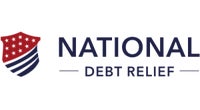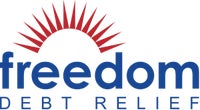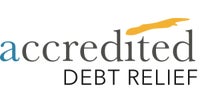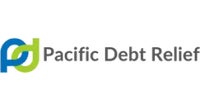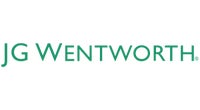Debt Relief
National Debt Relief: FEATURED PARTNER AND BEST OVERALL DEBT RELIEF COMPANY

-
Client dashboard for 24/7 debt settlement monitoring
-
Available in 47 states across the US
-
No upfront fees
-
A+ Rating with the BBB
-
Minimum debt: $7,500
On partner site
-
This lender is registered in states where it does business, has a Consumer Loan Company License and was vetted by the Bankrate Editorial team.Verified lender





